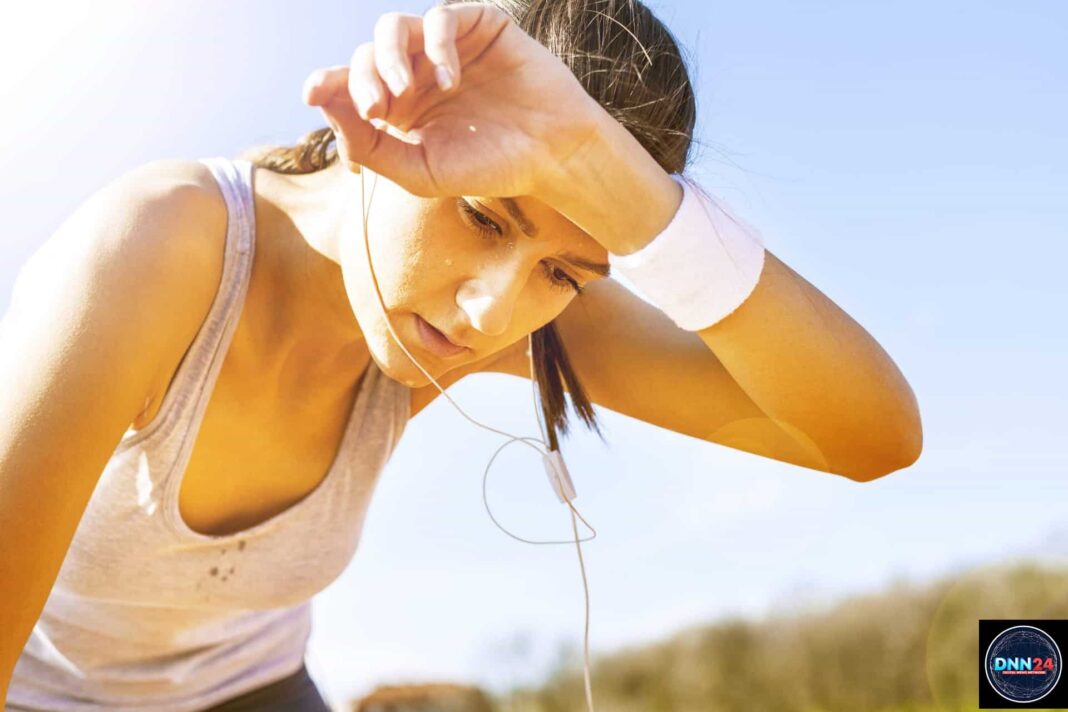Dehydration happens when your body loses more fluids than it takes in, resulting in an imbalance in your body’s electrolytes. This may happen due to several causes, such as heavy perspiration, diarrhoea, vomiting, or insufficient water. If left untreated, dehydration may lead to significant health concerns, including kidney damage, heatstroke, and even death. In this post, we will cover how to spot indicators of dehydration and avoid it.
Signs
Dark urine:
One of the most prevalent indications is dark urine. When dehydrated, your urine gets more concentrated, resulting in a darker hue. If your urine is yellow or amber, it may suggest that you are dehydrated.
Dry mouth and throat:
It may also cause dryness in your mouth and throat. If you have a dry mouth and throat, it might indicate that you need to drink more water.
Fatigue:
Dehydration may make you feel sleepy and sluggish. If you find yourself feeling weary even after receiving adequate rest, it might be an indication of dehydration.
Headaches:
It may induce headaches, mainly if you are prone to migraines. If you have a headache that won’t go away, it may be related to dehydration.
Dizziness and lightheadedness:
Dehydration may reduce blood pressure, which can result in dizziness and lightheadedness. It might indicate dehydration if you feel like you are ready to faint or lose your equilibrium.
Prevention
Drink lots of fluids:
The best way to avoid dehydration is to drink enough fluids, particularly water. You should strive to drink at least eight glasses of water daily, or more if you are active or live in a hot region.
Eat water-rich meals:
You may also avoid dehydration by eating foods high in water, such as fruits and vegetables. Some examples are watermelon, cucumbers, strawberries, and celery.
Avoid sugary beverages:
Sugary drinks, such as soda and fruit juice, might lead to dehydration. Instead, go for water or beverages that are low in sugar.
Monitor your pee:
Monitoring the colour of your urine might help you assess whether you are consuming enough water. If your pee is light yellow or clear, you are sufficiently hydrated. If it is dark yellow or amber, it may be a warning that you need to drink more water.
Remain cool:
If you are busy or live in a hot region, it is crucial to remain calm to avoid dehydration. You may achieve this by wearing loose-fitting, light-coloured clothes, remaining in the shade, and avoiding outdoor activities during the warmest sections of the day.
Conclusion
It is a dangerous illness that may lead to various health concerns if left unchecked. You can safeguard your health and well-being by identifying the indications of dehydration and taking action to avoid it. If you encounter severe dehydration, get medical treatment immediately. Remember, prevention is always better than cure, so drink enough fluids and consume water-rich meals to adequately hydrate.
Also Read: The Power of Beverages: How the Right Drink Can Support Weight Loss and a Healthy Lifestyle
You can connect with DNN24 on Facebook, Instagram, Twitter and subscribe to our YouTube channel.



